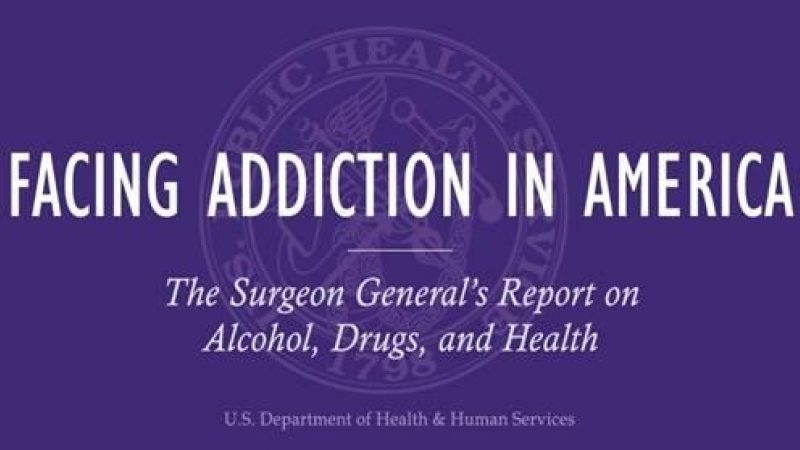The Time is Now: Caron Addresses the First-Ever Surgeon General Report on Addiction

I remember when the Surgeon General released a report on smoking in 1964 and witnessed the profound impact on our society since then. Today, I believe Surgeon General Vivek Murthy makes a similarly impactful declaration by issuing Facing Addiction: The Surgeon General’s Report on Alcohol, Drugs, and Health. The unprecedented report on substance abuse in America calls for a major cultural shift in the way Americans perceive addiction and describes the disease as one of the defining health crises of our time. As with other chronic illnesses, the Surgeon General calls for the same level of compassion and care when treating individuals and families suffering from substance use disorders. He wants Americans to understand addiction is a chronic neurological disease and not a moral failing. The report urges that access to effective prevention and treatment services remain a priority, requiring a comprehensive continued effort to raise awareness and reduce the stigma surrounding the disease of addiction. The report also acknowledges the importance of the Mental Health Parity and Addiction Equity Act of 2008 and the Affordable Care Act of 2010 in ensuring families have access to quality treatment.
We want to acknowledge the Surgeon General for his efforts to accelerate a national movement that addresses the epidemic in a thoughtful and meaningful way. It is estimated the annual economic impact of substance misuse in the United States is $249 billion for alcohol misuse and $193 billion for illicit drug use. We support his message that we must continue to engage in robust and evidence-based programs and interventions for preventing and treating substance use disorders.
Dr. Murthy also makes a critical assertion in the report – emphasizing the best treatment outcomes result from a combination of medication, behavioral therapies, and social support (i.e., 12 Step programs). This is an essential point because of current misconceptions that these approaches are mutually exclusive. Hopefully, we can empower the public to clearly understand what we at Caron recognize, which is that all three modalities should be considered and can be successfully integrated, as appropriate, to create an individual’s optimal treatment and recovery plan. We also strongly agree addiction should not be treated in a vacuum; every facet of an individual’s health and wellness must be addressed. This includes co-occurring mental health conditions and an integration into the general healthcare system. Finally, we have observed that the needs of families have frequently been sidelined in the addiction treatment dialogue. Key takeaways from this new report show emphasis now being placed on the critical component of family involvement in treatment and families having access to care.
We are at a pivotal moment in the history of America with an extraordinary opportunity to shift the paradigm in our approach to addiction prevention, treatment, and recovery. As Dr. Murthy so eloquently states, this change will require a major undertaking in the way we think about, talk about, look at, and act toward people with substance use disorders. I believe we’re ready. We must come together as a society to each do our part to help make these solutions a reality.
Related Content
Take the next step:
Start a conversation
Start with an online form
-
Caron in Pennsylvania
1-800-854-6023 -
Caron in Florida
1-800-221-6500 -
Breakthrough at Caron
1-800-213-7834


